Featured Scientists
Leading scientists, physicians and researchers from around the world share their stories and unique contributions to the monogenic diabetes miracle. These four doctors served as invaluable scientific advisers to the producers. Here are highlights from their interviews in the movie.
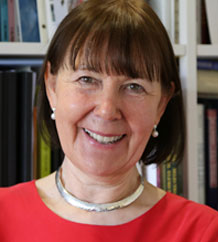
Frances Ashcroft, FRS, PhD
Research Professor — Department of Physiology, Anatomy and Genetics Oxford University, UK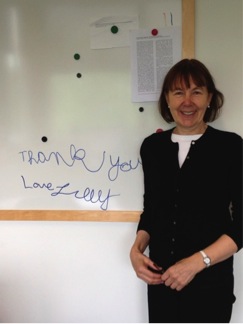
“I have been extraordinarily fortunate as a scientist because amazingly our work has turned out to have an effect on people’s lives… in my lifetime! Now, as a scientist working in a medical area, you always hope that your work will have some benefit, but you never actually imagine it ever will – and in most cases it never does – so I have been immensely privileged that it has done so and I think I’ve been even more privileged to have met the people it’s helped. (Scene 45)
“…The most extraordinary thing is to have people come up to you, fling their arms around you and say, ‘I just have to hug you. You saved my child’s life.’ (Scene 46)
“I was even visited once by Lilly, the wonderful Lilly who came to the lab and left behind on my board this marvelous piece of writing that says, ‘thank you, Love Lilly.’ I haven’t ever had the heart to wipe it off because this is so emotionally important to me and when…when experiments don’t work and things go wrong, I can just turn and look and see that, you know, this supports me further on.” (Scene 47)
“I feel loved… I feel loved by all these people and it’s just wonderful. And another thing is, I don’t have any kids of my own, which I would have liked to have had. And in some funny way I see these children here as part of my family, even though they’re nothing to do with me. But I kind of hope that in some way I have touched their lives a little and it’s just wonderful.” (Scene 48)
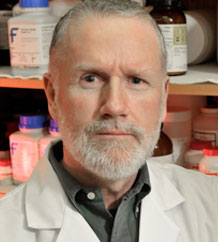
Graeme Bell, PhD
Louis Block Distinguished Service Professor of Medicine and Human Genetics, Director, Diabetes Research and Training Center, University of Chicago.
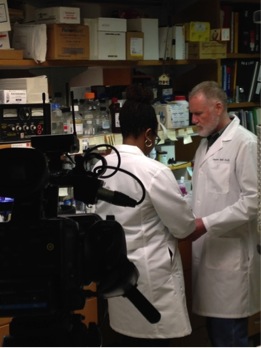
“The work that I’ve done in the area of neonatal diabetes has affected me directly because not only am I involved in the area of scientific discovery, but I’ve had the opportunity to meet the patients as they’ve come to the University of Chicago for their care and treatment. And that has changed my whole view of genetics of diabetes. When I saw the miracle unfolding for these patients, it actually caused me to sort of re-double my efforts and to try to find cures for other forms of diabetes.” (Scene 49)
“When I began my research career many years ago I had no imagination that I would reach the point that I am today where the work that we do has a direct impact on individual lives. It not only changes the life of the child that is switched from insulin to pills for the treatment of their diabetes. It changes the life of the family and it also changes the life of the investigative team and not only myself, but the students, fellows and technicians that work with me their lives have been changed as well.” (Scene 50)
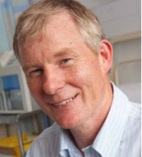
Andrew Hattersley MA, MRCP, DM, FRCP
University of Exeter Medical School, Exeter, UK
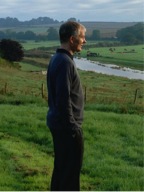
“I remember when Jack’s result came through. I wanted to ring his mum straightaway and decided to go out into the field because it would be quieter there. I was looking out over the hill around as I was explaining to her that we had indeed found the mutation and that Jack was going to be able to change his treatment. Both of us cried. It was a very emotional moment.(Scene 14)
“I’m a very fortunate man because I have a fantastic combination of work. I do work where I am a diabetes doctor and look after patients and I do other work where I work with patients to make scientific discovery. The lovely thing is when those two bits come together and when the scientific discovery starts to move over to helping patients, I think is one of the most exciting and most enjoyable things that you can be involved in. I just feel very happy to be able to do that.” (Scene 51)
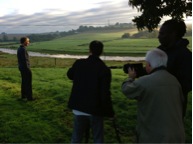
“I think for everybody in Exeter there is an enormous feeling of being part of something bigger. I think to have had the opportunity to make a change in people’s lives is something we never expected, but for it to have happened and to be involved in that process has been quite simply the best thing that we’ve ever been involved with.” (Scene 1)
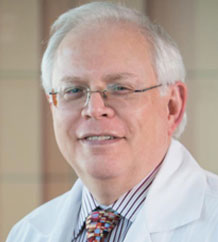
Louis Philipson MD, PhD, FACP
Professor of Medicine and Pediatrics Director, Kovler Diabetes Center, University of Chicago; Lilly Jaffe’s doctor who tested her for monogenic diabetes and managed her transition off insulin.
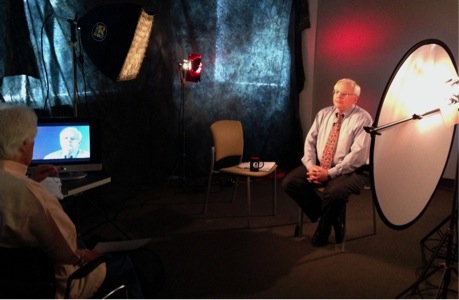
“I was discussing the recent events in science which related to type 1 diabetes, and I mentioned in passing, more than anything else, that it was clear to us that the genetics of type 1 diabetes was very important especially in extremely early onset diabetes. And again, I had never seen a case, nor at that point had I even heard of a doctor who had seen a case other than Hattersley himself. And after giving that lecture, a gentleman came up to me and said I’m Mike Jaffe and I’m a member of the JDRF here and my daughter had diabetes at about one month of age. I can still feel the electricity that went up and down, because I never expected anyone to say that really, because of the rareness of the disease. “ (Scene 31)
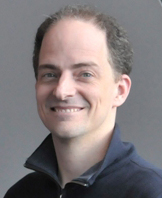 Siri Greeley, MD, PhD
Siri Greeley, MD, PhD
Assistant Professor of Pediatrics and Medicine Kovler Diabetes Center, University of Chicago
“As a pediatric endocrinologist, when I meet a patient my goal is to figure out what kind of diabetes they actually have. I tend not to assume that they might have one of the common forms of diabetes, but look to see if there’s any chance that they might have one of these more rare forms of diabetes. So if I find any evidence that they might, I do whatever testing or get whatever information I need to figure that out.” (Scene 33)
